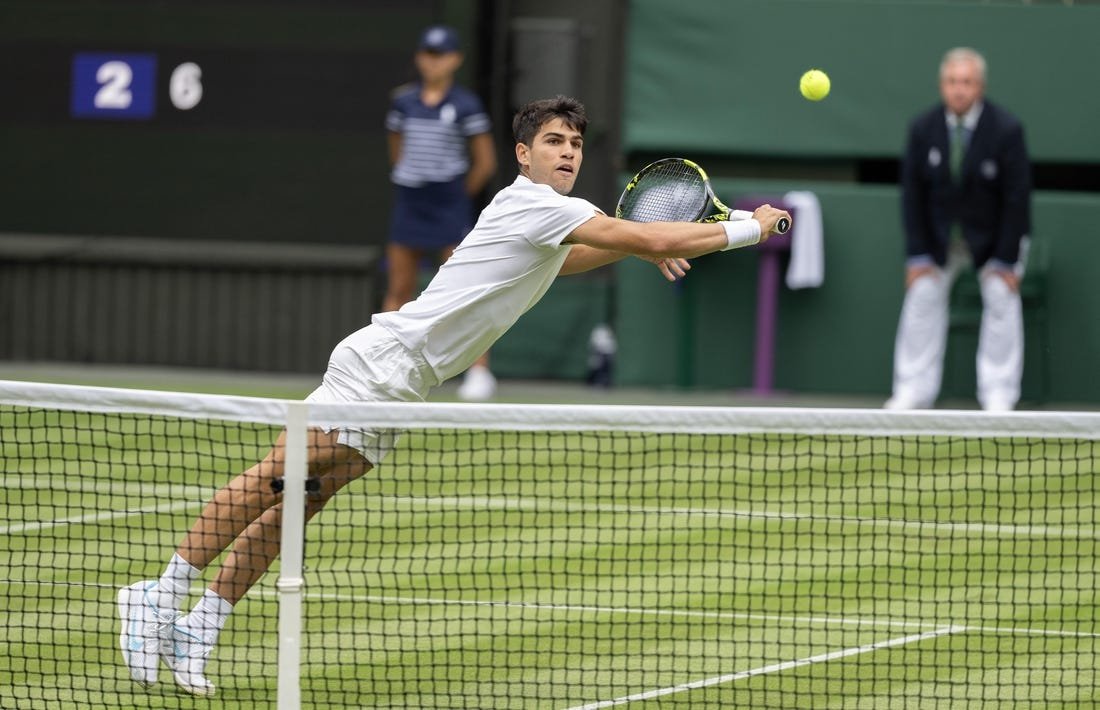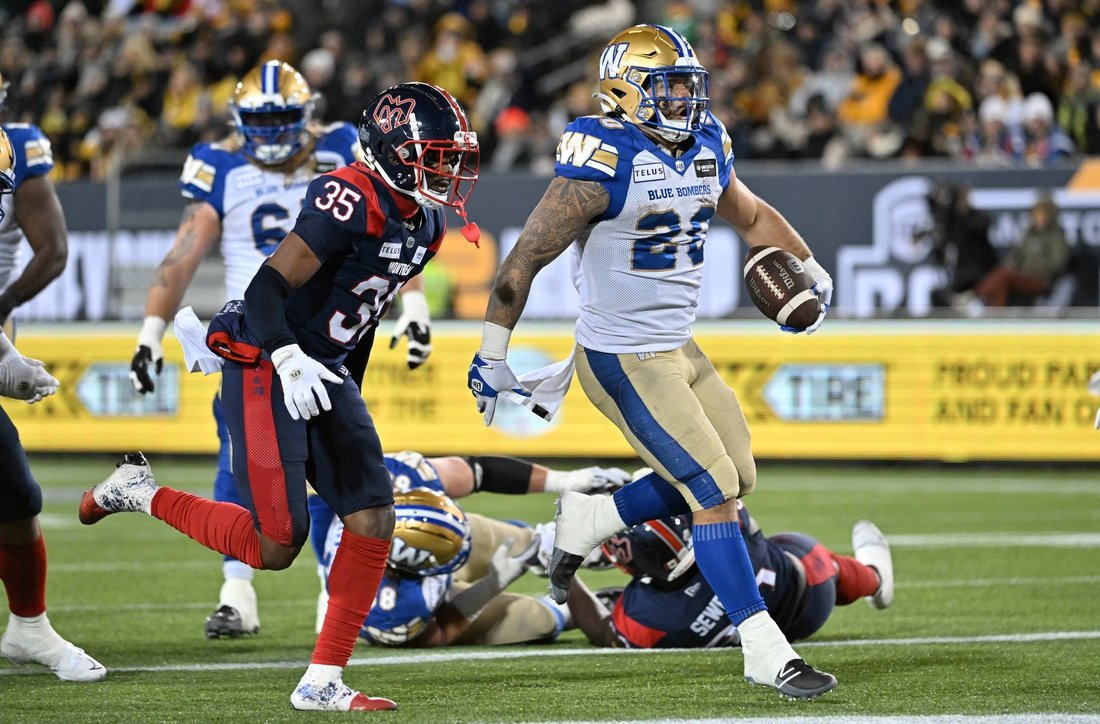After the Boston Celtics acquired Jrue Holiday in an early October trade with the Portland Trail Blazers, there was much excitement surrounding his arrival. Holiday was seen as the solution to Boston’s need for a tempo-setting orchestrator and the fourth All-Star in the Eastern Conference’s premier lineup. However, as All-Star voting kicked off, it was Derrick White’s name that started to gain attention.
NBA All-Star rules allow for the entry of two backcourt starters, another pair of backcourt reserves, and two wild cards of any position per conference. With a conference filled with talented guards like Tyrese Haliburton, Tyrese Maxey, Jalen Brunson, Damian Lillard, Donovan Mitchell, and Trae Young, White’s insurgent All-Star candidacy has taken flight.
White’s All-Star campaign is comparable to the MVP discourse surrounding Brock Purdy before he faltered in Week 17. While it’s not to say that White wouldn’t be putting up impressive numbers as the focal point of an offense, his impact wouldn’t be as significant without his first-rate teammates. In Boston, Jayson Tatum, Jaylen Brown, and Kristaps Porzingis serve as the focal point, making White’s job easier.
White has been steadily improving over the years, and his emergence couldn’t have come at a better time. With high expectations on the Celtics to win a championship, White has stepped up and answered the call. His hustle and ability to make unorthodox plays have been on full display, like his tip-in as time expired to force a Game 7 in last season’s Eastern Conference Finals.
This season, White has been threatening to join the exclusive 50-40-90 club, with his only setback being a few missed free throws. His counting stats are at career-highs in points and assists, and his efficiency is impressive. But what sets White apart is his defense. In an era where defense is often overlooked, White has been a standout on both ends of the court. He leads all guards in blocks for the second consecutive year and is among the top three in contested 2-point shots. Opposing players shoot worse against White than their usual outcome, showcasing his defensive reliability.
The decision for All-Star roster spots will likely come down to White, Trae Young, and Donovan Mitchell. Mitchell may be the odd man out due to his lack of playmaking ability compared to Young, and his subpar defense. Young has been exceptional on the offensive end, but his team’s struggles may work against him. White, on the other hand, has the fourth-highest usage rate on a team that reached the Finals the year before he arrived.
Coaches have the final say in selecting the reserves for the All-Star Game, and they may value a two-way role player like White over offensive superstars. The precedent has been set with players like Draymond Green being selected over Paul George in the past. If coaches are looking for a competitive All-Star Game and a player who brings effort on both ends of the court, White should get the nod.
So while Jrue Holiday may have been the initial focus of attention after his trade to the Celtics, it’s Derrick White who has stolen the acclaim and is making a strong case for an All-Star selection. With his impressive play on both ends of the court, White has emerged as a deserving candidate for the All-Star Game.





